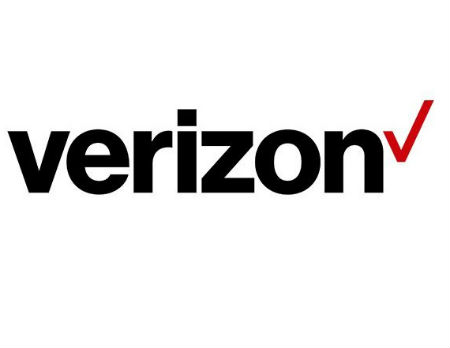Verizon Exec: ‘Meaningful’ 5G Deployments to Start in 2018
The smarter way to stay on top of the multichannel video marketplace. Sign up below.
You are now subscribed
Your newsletter sign-up was successful

Verizon Communications expects to start “meaningful” commercial deployments of 5G-based services in 2018, a top exec said Monday at Deutsche Bank Media & Telecom Conference.
Verizon has already conducted some key lab tests and is now pushing ahead toward field trials of “pre-commercial” fixed wireless 5G technology in 11 markets by mid-2017.
RELATED: Verizon Gets a Fix on 5G Trials
Echoing plans underway by other carriers, Verizon is taking a “two-staged approach” with 5G, starting with fixed applications, and then heading toward a second stage involving mobility, John Stratton, EVP and president of operations at Verizon, said.
RELATED: A Beginner’s Guide to ‘5G’
He said Verizon has set a “goal of being first to market in the U.S. with a meaningful commercial deployment of 5G, which we expect in 2018.”
Stratton said the coming field trials will allow Verizon to vet the technology and see how it performs in urban and suburban areas that have different densities in terms buildings and foliage.
The smarter way to stay on top of the multichannel video marketplace. Sign up below.
“There's all kinds of factors that you now want to see in a real world -- elevation in a building, what is the orientation to RF planning that has to be understood in order to see again in a practical real world environment what it looks like,” he said. “If you look at our list of eleven markets and if you saw in those markets where we are they're quite diverse.”
In addition to propagation characteristics, the trials will also take a look at the “load per node” and other building blocks that will help to “inform the investment case,” he said.
He stopped a bit short when asked if the vision of that is to usurp cable’s broadband dominance with a wireless option that can deliver 1-Gig class service to the home. Verizon, Stratton said, isn’t ready to reveal the company’s “entire playbook” for 5G.
As for 5G move into mobile, he said readiness by 2019 is a “little bit optimistic," seeing it more likely toward the end of 2019 and into 2020.
“Where 5G works best is those places where it's most densely populated. For the mobile use case is a no brainer as far as we're concerned,” Stratton said, noting later that Verizon is “really comfortable” with its access to fiber networks required to backhaul and support 5G services, while pointing out the role Verizon’s acquisition of XO will play out there.
RELATED: Smit: Comcast’s Fiber Network Plans Have 'Uncanny' Compatibility with 5G
Stratton also downplayed the competitive threat posed by MSOs such as Comcast and Charter Communications amid the triggering of their respective MVNO deals with Verizon, and their plans to develop and launch their own mobile services.
RELATED: Roberts Maps Out Wireless Goals
He said the MVNO angle remains a “good business” for Verizon.
“Competition generally is good for an industry, it brings and draws attention to it, and I think this has been a pretty dynamic market already,” Stratton said. “The addition of a couple more guys just bring it on.”
